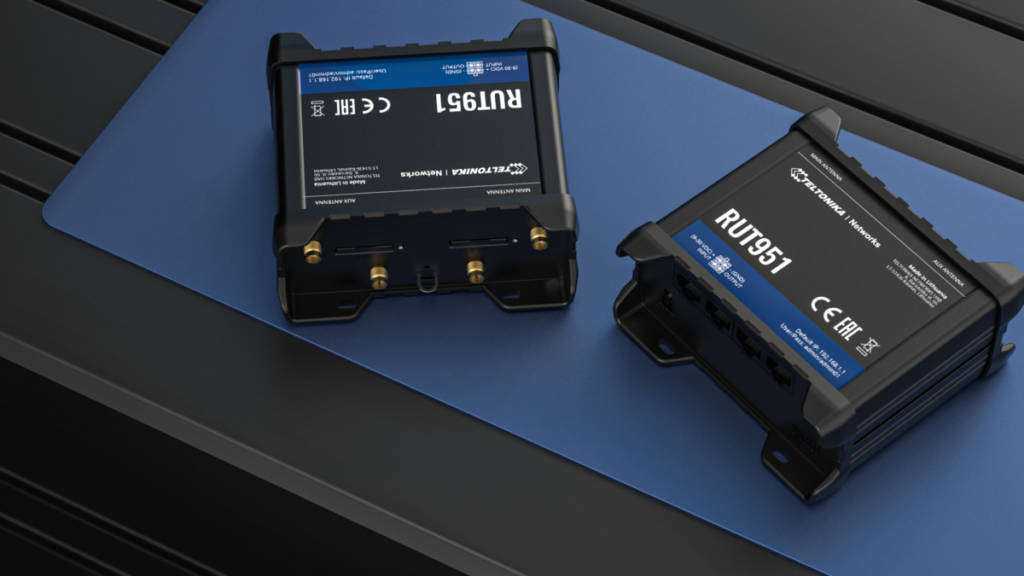
In today’s connected world, reliable and secured communication networks play an important role in the smooth running of various industries. One essential component of these networks is the industrial router. Although you may not be familiar with this device, it is responsible for enabling data transfer between different machines, ensuring seamless connectivity, and enhancing productivity in industrial environments. An industrial router serves as a central hub, connecting various devices within an industrial setting. Its main function is to enable data transmission across networks by establishing and maintaining communication between machines. Think of it as a traffic controller that directs information flow, ensuring it reaches the right destination efficiently. The robustness and durability of industrial routers sets them apart from other routers. These devices are designed to withstand the harsh conditions found in industrial environments. Visit the below mentioned site, if you are searching for more details concerning teltonika rut 951.
They are built to handle extreme temperatures, humidity, vibrations, and electromagnetic interference, ensuring uninterrupted network connectivity in demanding operational environments.Industrial routers also offer enhanced security features to protect sensitive data transmitted across the network. These routers use advanced encryption protocols and firewalls to protect information from cyber threats and unauthorized access. It ensures data integrity and confidentiality, which is important in industries that place a high value on privacy and data security. A router for industrial use is designed to scale. These routers will be able to meet the growing demands of connectivity as industrial networks grow. These routers are equipped with multiple port, which allows them to connect many devices at once. Scalability allows the network to adapt and stay efficient. The versatility of industrial routers is also worth noting. These routers are compatible with many industrial applications because they can integrate seamlessly with different communication protocols. Industrial routers ensure smooth operations in any environment, be it a manufacturing plant or transportation system.
Industrial routers also have remote management capabilities. In industrial environments, routers are often spread out over large areas. This makes it difficult to physically reach each router for maintenance and troubleshooting. However, with remote management capabilities, administrators can monitor and manage routers from a centralized location. This enables rapid identification of network issues and their resolution, minimizing downtime while maximizing efficiency. Industrial routers play a crucial role in industrial communication networks. They offer reliable data transfer and security, are resistant to harsh environments and provide remote management. Industrial routers are a key component of the operation of different industries. They enhance network performance by providing seamless connectivity. Industrial routers can be used in any environment, from an assembly line to a manufacturing plant, a remote oil rig or utility grid, to ensure the smooth flow of information and efficient processes. These devices, with their robustness and security features, as well as their scalability and remote management abilities, enable industries to remain connected, productive and secure in the interconnected world of today.








